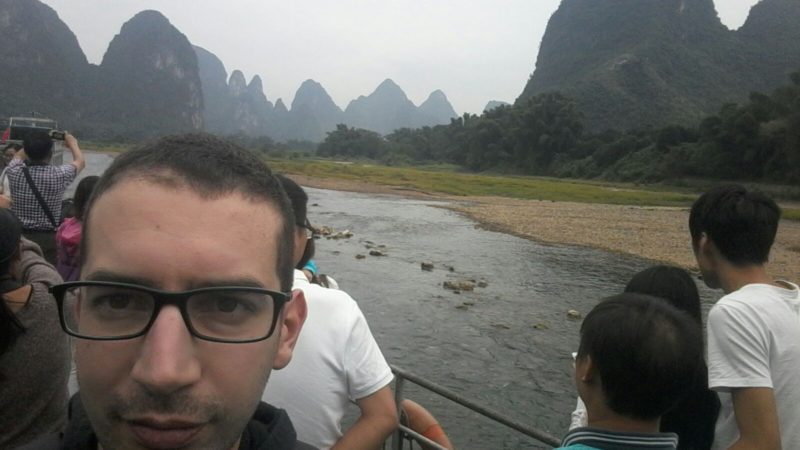“Imagine that you are swimming in the sea. Think of all the diversity that surrounds you: seaweed, sea plants, fish, crabs, seagulls, mussels … In fact, most of the diversity of the sea you already swallowed when a wave broke above you! In a milliliter of sea water there are thousands of microorganisms, of which, many are microalgae, and others, bacteria. Generally, bacteria are beneficial to the ecosystem, and when it is healthy, harmful bacteria are kept in small proportions compared to other species. The rivers and the atmosphere (especially when it rains) feed the bacteria in the estuaries with pollen, dust, substances from the ground … and these majority of beneficial bacteria convert these substances into food for microalgae, which are eaten by small small plankton animals, which in turn serve to nourish small fish, and these to larger fish, etc. But what happens when we break the food balance of bacteria? I mean, what happens when we pollute? That harmful bacteria can grow faster than a coronavirus outbreak! ”
With this interesting and informative conference by Alberto Gutiérrez Barral, predoutoral researcher of the CIM-UVigo Biological Oceanography Group, the participation of the Marine Research Centre in the project ‘Month of the Environment and Oceans’, organized by Afundación, ABANCA social work, on the occasion of the celebration of Environment Day, June 5th, and Ocean Day, June 8th.
The first talk of the CIM-UVigo, titled As we continue to pollute estuaries, we will end up with more pathogens than we already have will take place on June 9th at 18 h, and can be followed through #AfundacionEnCasa and Campus do Mar channels.
This initiative, which has the collaboration of the Campus do Mar, will take place throughout the month of June, and will seek to bring marine research closer to the entire family. In addition to Alberto, two other researchers of the Marine Research Centre will participate in the project: Paulo Alcaraz and Tania Ballesteros. The reports will take place on June 23rd and 30th at 18 h respectively, and will be broadcast in streaming through Afundación and Campus do Mar channels. After the summer, the talks will resume, with another three researchers’ conferences of the CIM-UVigo.
Vídeos
- Como sigamos contaminando las rías, acabaremos con más patógenos Alberto Gutiérrez Barral, Biological Oceanography, CIM-UVigo

